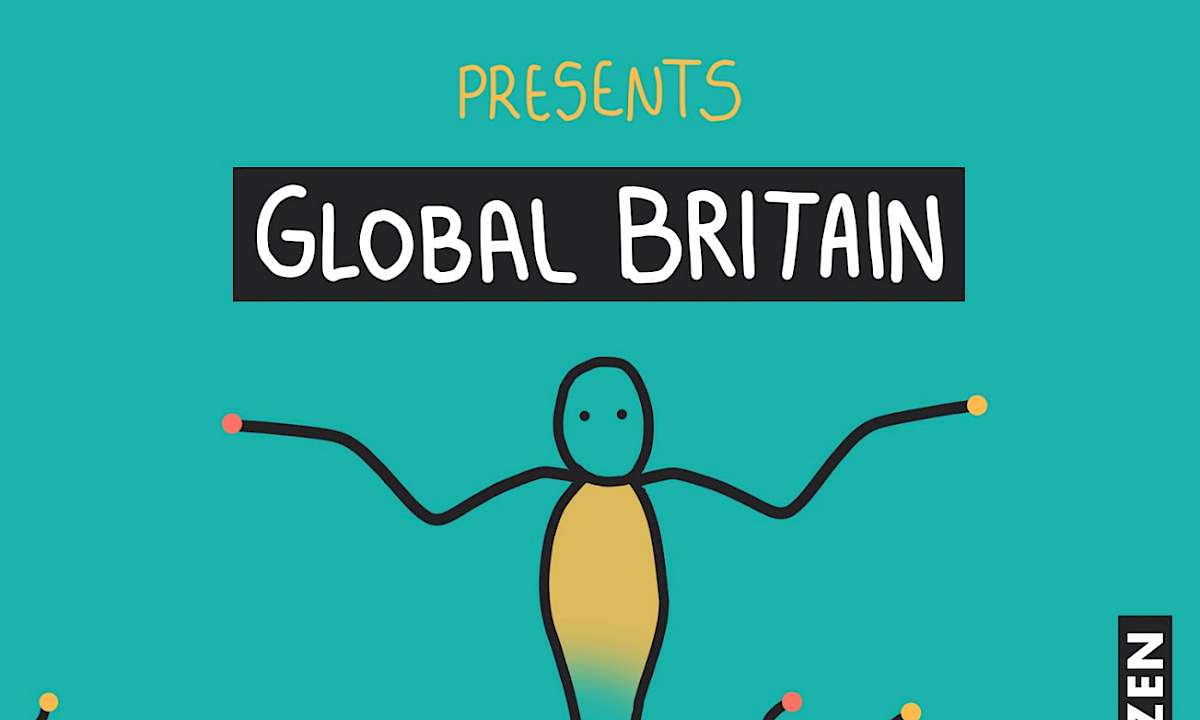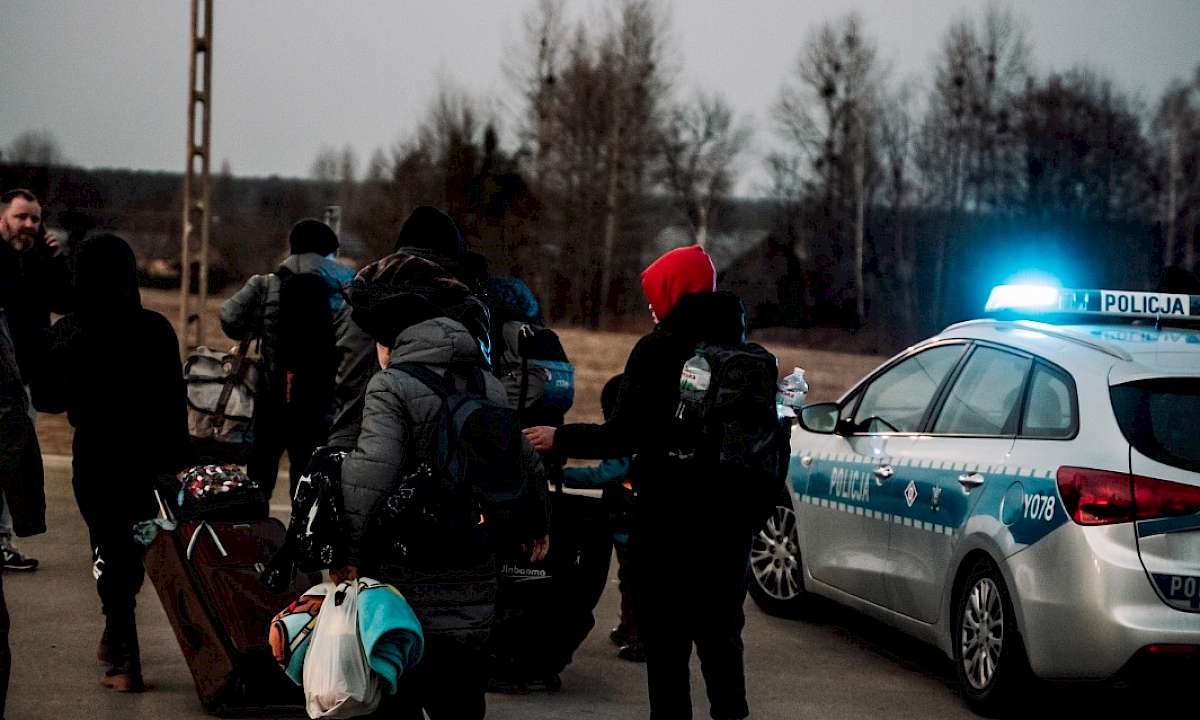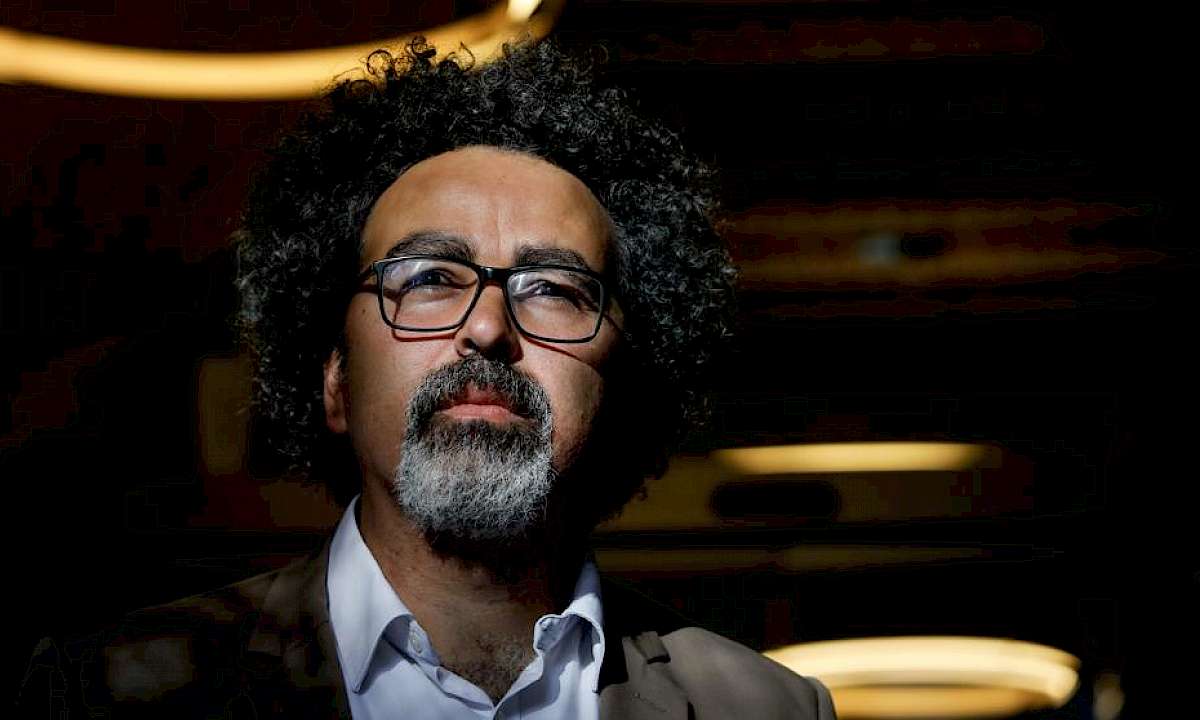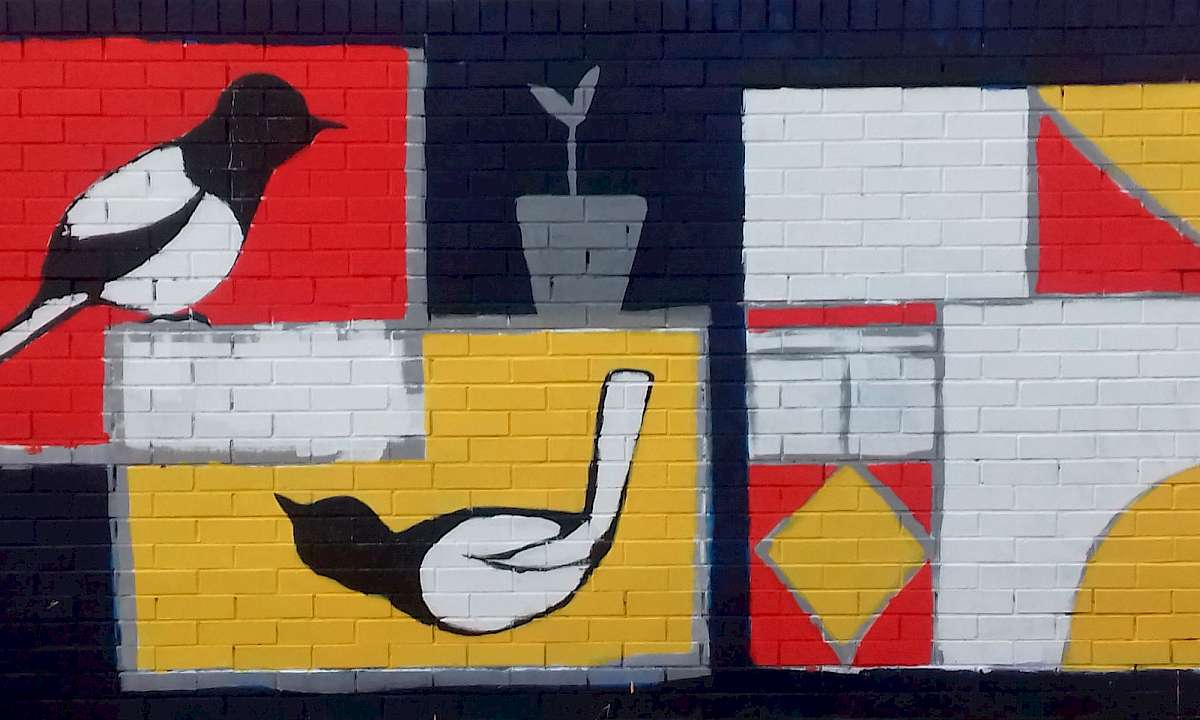
A decade or two ago, you saw a tying of foreign aid to democracy promotion, and states institutionalising democratic reforms, and you've really seen a turnaround in the past decades, where, increasingly, development aid is linked to factors like migration control, rather than factors such as democratic reform or democracy promotion.
— Fiona Adamson
Episode 5 of our podcast collaboration with Who do we think we are? launches today. And we’re talking migration diplomacy and the role of foreign policy and geopolitics in shaping migration and mobility regimes.
Listen to the episode here.
When thinking about ‘migration policy’, the first thing that comes to most people’s minds is states’ enactment of their power to regulate the number of people approaching, crossing and settling with their borders (i.e. an exercise of sovereignty). In the UK we have witnessed the Government’s efforts to ‘take back control’ of immigration in the context of a political crisis linked to the UK’s borders and the renegotiation of international cooperation required to manage these. In this respect, migration policy is a central feature in brokering their relationships with states around the world in the context of their shifting geopolitical position after Brexit. In today’s episode, we consider the relationship between migration governance and foreign affairs. Using an international relations prism, we consider the role of migration diplomacy in inter-state relations.
Fiona Adamson, Professor of International Relations at SOAS, highlights how financial aid packages, memberships in regional organizations, and tactical silence on glaring human right abuses have become recurrent features of states’ negotiations of people’s cross-border mobilities. She presents examples of this form of migration diplomacy that include the EU’s negotiation of the externalisation of its borders through bilateral agreements with neighbouring countries, such as Turkey and Tunisia.
Drawing on research undertaken within the MIGZEN project, Nando Sigona and Michaela Benson discuss multiple instances where the relationship between migration policy and diplomacy comes to the fore. One of these, as Nando explains, is what the ongoing Channel ‘crisis’ reveals about the UK’s current diplomatic weight and available levers:
[W]hat is becoming evident is not just, for example, the challenges that Britain faces in implementing its immigration control and enforcement – you know, we know from the data that forced removal is very low, currently, in Britain, despite all this rhetoric of the ‘tough touch’. And one of the reasons why it is weak is because in order to do removal, you need to have bilateral agreements. And in order to have these bilateral agreements, you have to go to negotiate with other countries all around the world, you are going to have leverage and try to get something in exchange of something else. And what we're seeing now that it has become more difficult for Britain to sign these agreements.
Further instances of the uses of migration policy within diplomatic disputes and conflicts old and new are represented by the ‘new humanitarian visas’ offered to Hong Kongers and refugees from Ukraine. Michaela explains how the UK government created the BN(O) visa scheme for Hong Kongers to migrate to the UK in response to what it judged to be ‘a breach of the basic freedoms agreed within the 1984 Sino-British joint declaration’, adding that
what's important to note, I think, from the perspective of thinking about migration diplomacy, is that this policy around immigration and immigration route for Hong Kongers, was included as part of a set of foreign policy measures relating to China that were also introduced by the UK at the time.
Last but not least, the involvement in the Brexit negotiations of EU citizens in the UK and British citizens in the EU, including through our partner organizations the3million and British in Europe, demonstrate that there are more stakeholders in migration diplomacy than there are states in this world. They also offer a useful reminder of people’s power to contribute to shaping the world we want to live in.
Tune in to the remainder of the season, to find out how the redrawing of boundaries around both the British and EU imagined communities is entangled with a changing migration-citizenship regime, which continues to shape the lives of migrants and rewrites Britain’s migration story after Brexit.
You can listen to the podcast and the back catalogue, access our show notes, active listening questions and transcripts on our podcasts page.
And you can follow the podcast on all major podcasting platforms or through our RSS Feed
To cite this post:
Zambelli, E. (2023) Why does diplomacy matter in thinking about migration after Brexit? MIGZEN [Blog] 15 September 2023. Available at: https://migzen.net/blog/why-does-diplomacy-matter-in-thinking-about-migration-after-brexit/






